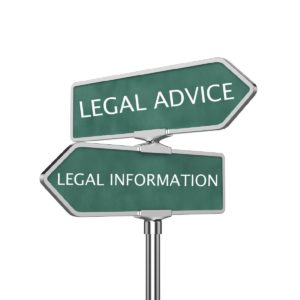We all know we should have personal wills and other documents that outline what happens to our children, possessions, and selves when unexpected events occur. But what about “wills” or continuity plans for our law practices?
If you are a solo practitioner or the leader of a small firm and you become disabled or die, what will happen to your practice, employees, and clients? Will your spouse, children, employees, or anyone else be able to guide the practice and clients to a safe place?
If you’ve never thought about it, you should. While not exhaustive, here are a few things you should do or think about:
- Maintain an up-to-date client and matter list.
- Maintain up-to-date calendar with deadlines.
- Keep a central list or file with all usernames and passwords for essential accounts.
- Keep your bank account records in a designated location and consider arranging for emergency access rights.
- Consider designating an “Emergency Lawyer” to assist in either maintaining your practice if temporarily disabled or closing it down in case of permanent disability of death.
- Consider including language in your retainer agreements that you have arranged for an Emergency Attorney to close your practice in the event of death, disability, impairment, or incapacity.
- Use an agreement with the Emergency Attorney that outlines the responsibilities involved in closing down your practice.
- If you designate an Emergency Attorney, you will need to familiarize him or her with your office systems and employees.
- Be sure to keep your spouse and family in the loop and provide instructions on how to contact the Emergency Attorney.
If something unforeseen happens, you don’t want to leave your clients and loved ones with no clue or plan on how to take care of your practice and your files.
Taking the time to create a continuity plan for your practice, though it may never be needed, is a good idea and something you should not wait to do.
For more information, click here – Sudden Health Crisis and Continuity Planning







